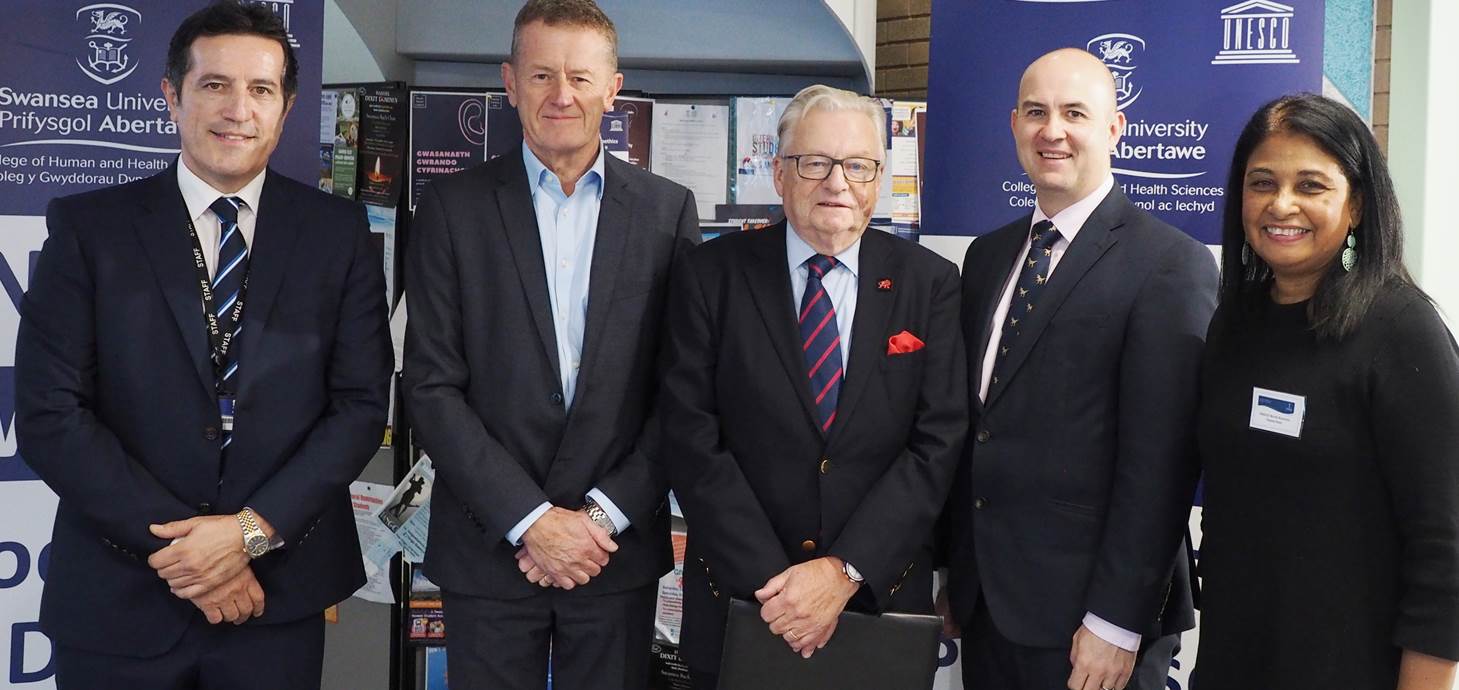These articles are now archived and will no longer be updated.

Academics, students and health professionals gathered tackle some of today’s most pressing ethical issues at a special conference at Swansea University.
Held to mark World Bioethics Day, the event featured a diverse programme of topics on a variety of topical themes including mental health, maternity care, climate change and cultural diversity.
Bioethics is the study of typically controversial ethics brought about by advances in biology and medicine and the global awareness day organised by UNESCO is held every year to highlight these difficult issues.
Swansea University’s Chantal Patel, one of a worldwide network of Unit Chairs for UNESCO Bioethics, was responsible for organising the event held at the Singleton Park campus for the first time.
She said: “We are clearly entering a phase where medical advances and world changes suggest we need to give more thought to what we are doing and what we should do alongside the management of current problematic decisions on human life and health.
“As a Unit Chair it is my role to promote the work of UNESCO and spread the message of the importance of bioethics.”
The all-day event was just one of a hundreds held across the world to bring together a variety of people to explore the challenges and dilemmas of cultural diversity.
It was well attended by a wide range of interested parties including students, academics, social activists and politicians including Deputy Minister for Culture Sport and Tourism Dafydd Elis Thomas.
Besides workshops delivered by keynote speakers, the day featured art, poetry, music and dance and food to reflect multicultural themes.
Mrs Patel, who is head of Interprofessional Studies at the University’s College of Human and Health Sciences, said she hoped the event and the subjects discussed will have lasting impact on everyone who attended.
“Bioethics is important in this fast-paced, changing world. We have recently witnessed concerns raised about climate change and the need to address and redress those issues where it may not be possible to have complete agreement as to how we should live our lives is vital,” she said.
“I hope that the conference has helped to spread the message of the importance of bioethics in this pluralistic world as well as encouraged future research collaborations with other interested parties.”
